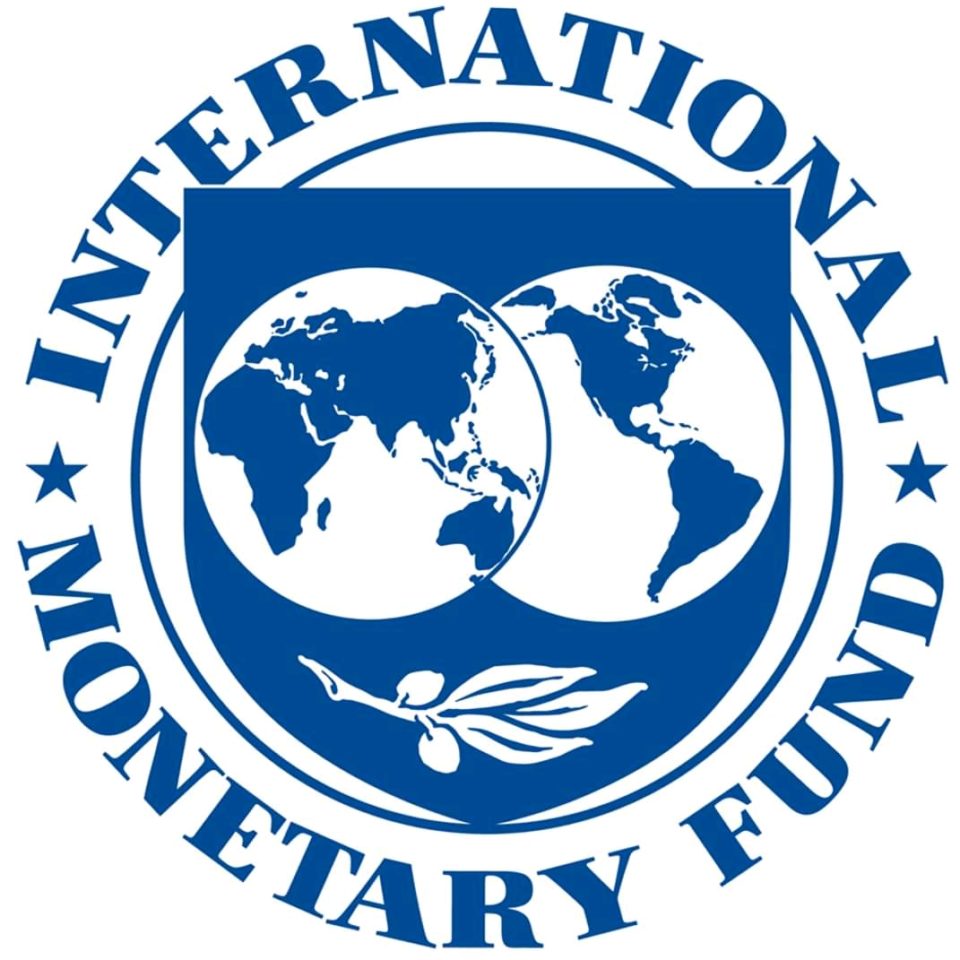As a result of some recoveries in the economies of Nigeria and other Sub-Saharan African countries, the International Monetary Fund (IMF), has outlined policy options arising from what they see as considerable differences in countries’ growth prospects.
IMF yesterday at the ongoing 2019 World Bank/ IMF Spring Meeting holding in Washington DC, USA stated that the softening external environment and need to contain debt vulnerabilities complicates further the challenge of financing development and investment.
IMF stated that policies need by Sub Saharan Africa should focus on raising domestic revenues, bolstering trade integration, facilitating investment, raising productivity, and strengthening resilience to shocks.
” Sub-Saharan Africa’s economic recovery looks set to continue, with growth expected to increase from 3.0 percent in 2018 to 3.5 percent in 2019. Yet, region-wide growth masks wide differences in prospects across countries” the IMF said in its latest Regional Economic.
Abebe Aemro Selassie, Director of the IMF’s African Department said: ” Some 21 countries, mainly the region’s more diversified economies, are expected to grow at more than 5 percent and see income per capita rise faster than the rest of the world on average over the medium term. However, the remaining countries, comprising mostly resource intensive countries, including the largest (Nigeria and South Africa), are expected to see slower improvements in standards of living.
“External and domestic headwinds are weighing on growth prospects. The global expansion is losing steam, including in key trading partners such as China and the euro area; as we see trade tensions persisting; and volatile global financial conditions and commodity prices.
Public debt vulnerabilities remain elevated in some countries and non-performing loans remain high partly due to large public sector domestic arrears.”
Selassie pointed to two broad implications for policies. For the fast-growing economies, such as Benin, Ethiopia, and Senegal, there is a need to hand over the reins of growth from the public to the private sector. In many of these countries, public investment had helped spur high growth, while also steadily increasing public debt levels.


